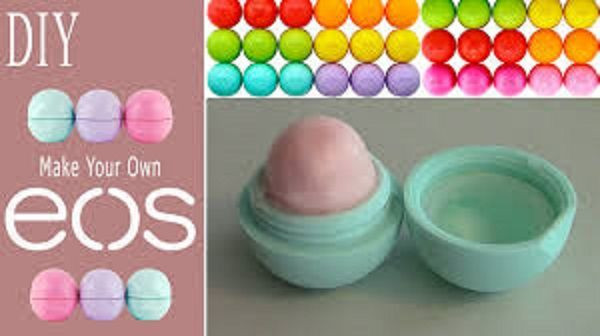Kiss of death: EOS lip balm endorsed by Kim Kardashian in class action lawsuit for injuring users

UPDATE: 7:40 a.m., PST
A brand of lip balm endorsed by big celebrities such as Kim Kardashian, Hillary Duff and Britney Spears is in trouble after a user filed a class action lawsuit on Wednesday for injuries caused by the cosmetic.
The Mirror reports that the brand’s ambassadors were apparently unaware that the EOS lip balm caused severe rashes, blistering, loss of pigmentation, cracking and bleeding on some users. The injuries led Rachel Cronin, a customer, to file the lawsuit against the lip protector that is sold in bright, egg-shaped pods.
Hours after she used the lip balm, Cronin claims she felt like sandpaper was being used on her kisser which eventually cracked and bled. She suffered blisters and rashes on her face that lasted 10 days. TMZ reports that Cronin’s lawyer, Mark Geragos, sought damages and for EOS to alter its advertising pitch.
In a statement, EOS said, "We firmly believe this lawsuit is without merit. Our products are made with the highest quality ingredients and meet or exceeds all safety and quality standards set out by our industry and validated by rigorous testing conducted by an independent lab. The health and well-being of our customers is our top priority and millions of satisfied customers use our products every day, many of whom take time to share their experiences with us."
Sold for $3.29 (AUD $4.75) in vanilla mint, strawberry sorbet and summer fruit shades, EOS claims that the lip balm contains natural conditioning oil, moisturising shea butter and vitamins C and E which are antioxidants.
Lindsey Rose Black, a fashion and beauty expert from Bustle, warns that petroleum-based lip balms harm the lips. She explains that petroleum jelly and mineral oil – ingredients of the balm – could be contaminated with carcinogens such as polycyclic aromatic hydrocarbons (PAH) and 1,4-dioxane.
She notes that the Environmental Protection Agency has classified 1,4-dioxane as a probable human carcinogen. However, Dr Andrew Weil, in a blog, points out that traces of PAH are removed at the end of the refining process.





















